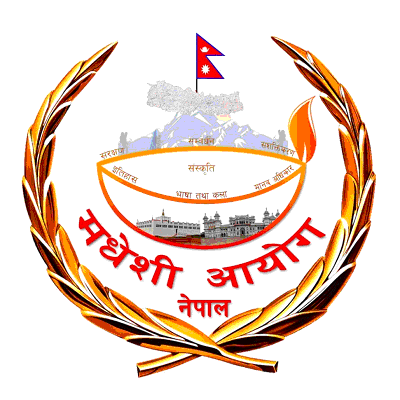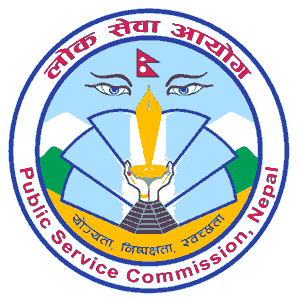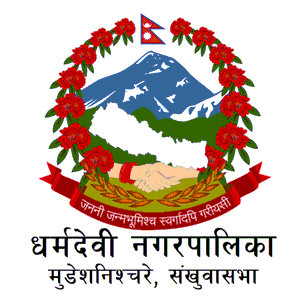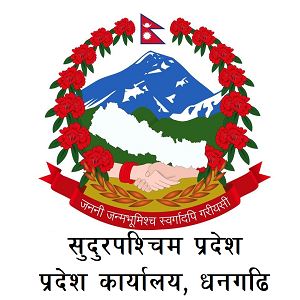Overview
Services and Functions of Rastriya Dalit Aayog (National Dalit Commission)
The National Dalit Commission (Rastriya Dalit Aayog) of Nepal is an essential institution dedicated to safeguarding and promoting the rights and interests of the Dalit community. Its services and functions are comprehensive and multifaceted, designed to address the deep-rooted challenges of caste-based discrimination and untouchability. Below is a detailed exploration of the commission's key services and functions:
Legal Assistance and Advocacy
One of the commission's primary services is providing legal assistance and advocacy for Dalits who face discrimination or are victims of untouchability. This includes:
- Legal Counseling: Offering free legal advice to Dalit individuals and communities on how to navigate the legal system to address grievances.
- Representation: Facilitating legal representation for victims of caste-based discrimination in court cases, ensuring that they have access to competent legal support.
- Legal Workshops and Training: Organizing workshops and training sessions for Dalit communities on legal rights, procedures, and how to effectively seek justice.
Public Awareness Campaigns
The commission actively engages in public awareness campaigns to educate the wider society on the rights of the Dalit community and the importance of eradicating caste-based discrimination:
- Media Engagement: Utilizing television, radio, social media, and print media to disseminate messages that promote equality and challenge discriminatory norms.
- Community Programs: Conducting community outreach programs, including seminars, workshops, and interactive sessions, to foster dialogue and understanding between Dalit and non-Dalit communities.
- Educational Materials: Developing and distributing educational materials, such as brochures, posters, and booklets, that highlight the legal rights of Dalits and the social evils of discrimination and untouchability.
Research and Documentation
Research and documentation are vital aspects of the commission's work, enabling it to base its actions and recommendations on solid evidence:
- Socio-Economic Surveys: Conducting surveys and studies to understand the socio-economic status of the Dalit community, identifying key areas of discrimination and deprivation.
- Case Documentation: Documenting instances of discrimination and untouchability, creating a database that can be used to inform policy formulation and advocacy efforts.
- Policy Analysis: Analyzing existing policies and laws affecting Dalits, identifying gaps, and recommending reforms to better protect and uplift the Dalit community.
Complaint Handling
The commission operates a robust mechanism for receiving and addressing complaints related to caste-based discrimination and untouchability:
- Complaint Reception: Offering multiple channels, including online platforms, telephone hotlines, and physical offices, for victims to file complaints.
- Investigation: Conducting thorough investigations into complaints received, employing a team of investigators who gather evidence, interview witnesses, and assess the validity of the claims.
- Follow-up Actions: Based on the investigation's outcomes, taking appropriate actions that may include recommending legal proceedings, mediating between parties, or referring cases to other relevant authorities for further action.
Capacity Building and Empowerment
Beyond its core services, the commission also focuses on capacity-building and empowerment activities aimed at enhancing the resilience and self-sufficiency of the Dalit community:
- Skill Development Programs: Organizing skill development and vocational training programs for Dalit youths and adults, aiming to improve their employment opportunities and economic status.
- Leadership Training: Providing leadership training for Dalit individuals, especially women and youth, to empower them to take active roles in community development and advocacy.
- Networking and Collaboration: Facilitating networks and collaborations among Dalit organizations, NGOs, and other stakeholders to strengthen the collective effort towards achieving social justice and equality.
The National Dalit Commission's comprehensive approach—combining legal support, public education, research, complaint resolution, and empowerment initiatives—demonstrates its commitment to transforming the lives of the Dalit community in Nepal. Through these efforts, the commission not only addresses immediate issues of discrimination and injustice but also works towards long-term social change, aiming for a society where equality and dignity are accessible to all.




.png)
.png)

-Logo.png)
-Logo.png)



